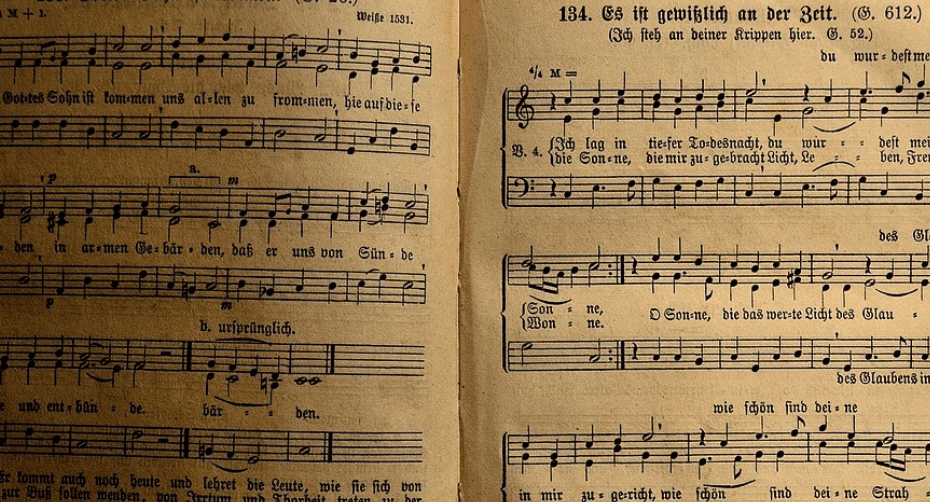Do you have a love for popular music? Perhaps you have often thought about writing your own song but don’t know where to begin. No two songwriters have precisely the same method of writing songs, but all share some basic fundamentals. Here is a step-by-step guide to help you write your first song.
Gather Your Thoughts and Ideas for Songs
The most meaningful songs are the ones that spring from within the artist. Successful songwriters tap their own life experiences and the life experiences of others to create music. Many of them keep a notebook close at all times so that they can record thoughts and ideas that might become song lyrics.
What are you passionate about? Are you a romantic who appreciates the feelings of love? Are you someone that is troubled by issues in society? Do you long to understand things that are unclear? All of these inclinations can be harnessed for songwriting. There is an old adage for all writers: write what you know. If you stick with your interests and passions as inspiration the writing process will be easier.
Composing a Melody
Songs would not be songs without a combination of both lyrics and music. For many songwriters the melody is the place to begin. Most find that it is easier to craft lyrics that fit a melody than it is to devise a melody for lyrics.
If you play an instrument such as the guitar or piano you will find that creating melodies is somewhat easier. If you do not play then consider enlisting the help of a friend. Many songwriting partnerships have been formed between someone who can write lyrics and someone who can write music. Bernie Taupin and Sir Elton John are just one example of such a partnership.
You don’t necessarily need to know how to formally transcribe music in order to write melodies. You can begin by using a recording device to capture your work in progress. Once you have an idea for the entire melody of the song you can polish it and get it down on a musical staff.
The music for songs is written in a specific key. This is where some formal training will benefit you. You can find books on music theory that will help you understand how notes and harmonies work to create melodies.
Writing the Lyrics
Once you have the melody in place you can begin to work on the lyrics. Many popular lyrics have a rhyming scheme. Rhyme makes a song more pleasant for the listener, but there is no firm rule that you must use it in your songs.
Most song lyrics are composed of three parts. The verse typically begins a song and is followed by the chorus. The chorus uses the same lyrics to follow each verse. The verses of your song will be different but the chorus will be the same. Finally, many popular songs contain a bridge. The bridge is a section of the song that deviates from the verses and the chorus to give the listener a different melody. A well-crafted bridge will give the ear something fresh to land on.
You should envision your songs as stories with a beginning, middle, and an ending. In your first verse set the stage for your story. Let the listener know what you are singing about. In the second verse develop this idea with meaningful imagery. In the bridge and the third verse bring your story to a close with an emotional ending.
Your chorus lyrics should remind the listener what the song is about. They are the heart of the message you are trying to convey. This is why the chorus is repeated in most songs.
Don’t Forget a Catchy Hook
Have you ever listened to a song and found that afterward you could not get a certain part out of your head? The lyrics or the music stay with you and repeat over and over. That is called a hook, and almost all successful songs have one.
The best way to learn how to write a hook is to listen to your favorite music and identify the hooks in popular songs. Pay attention to how the hook is used to make a song memorable.
Putting It All Together
Your last step is to put your melody and lyrics together and polish the finished product. You will probably need to make some changes here and there. This is fine. Let the song evolve in its own way and see where the joy of songwriting takes you.
